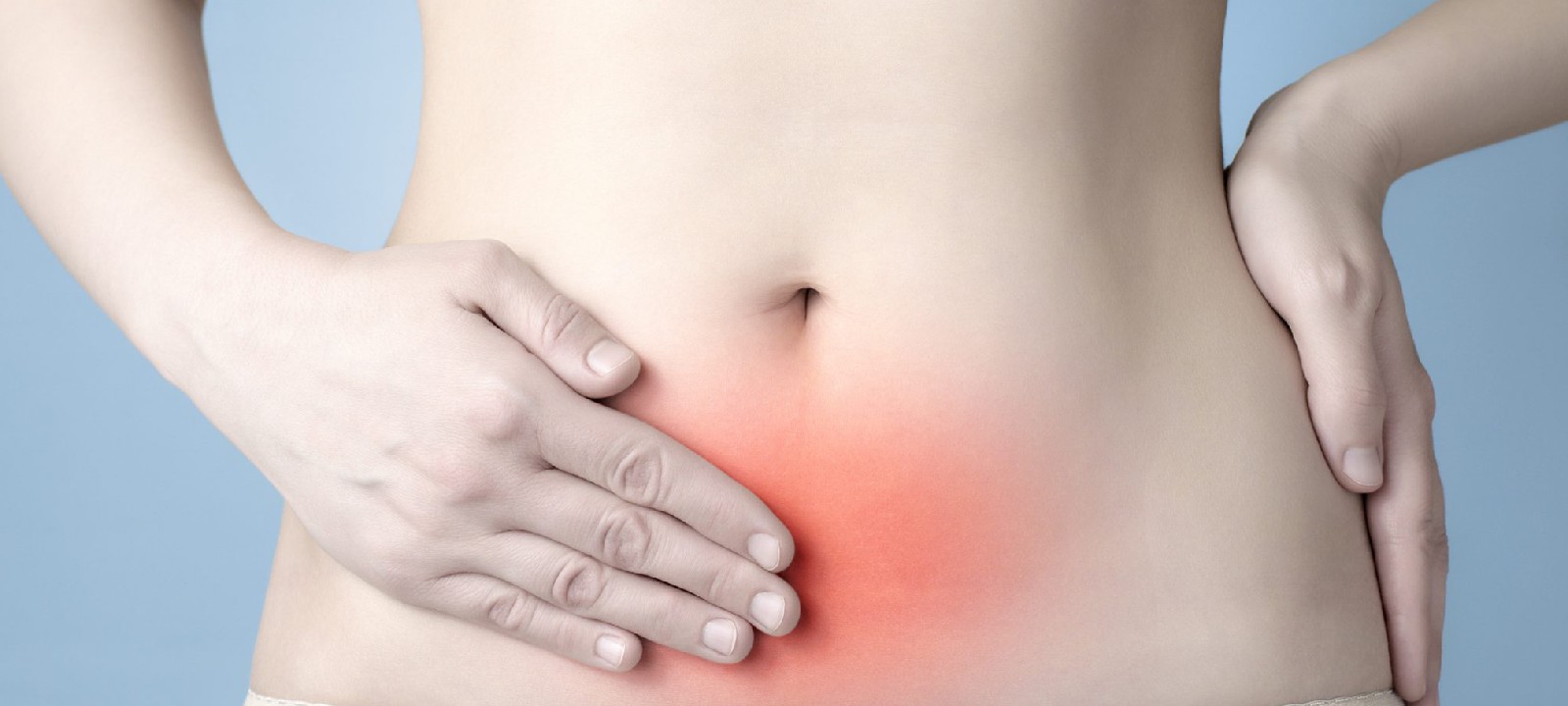Infertility is seen in approximately 15-20% of couples in the reproductive age group. In approximately 30% of couples suffering from fertility problems female factor is responsible for infertility.
1. When should I consult a doctor?
A woman can consider visiting a doctor if she has not been able to conceive after one year of unprotected intercourse. She can consult early in six months only if:
• Age is more than 35 years.
• The menstrual cycles are irregular.
• Have had an operation for conditions in the ovary.
• Suffering from PCOS or endometriosis.
2. What are the common causes of female infertility?
The common conditions causing female infertility are:
• Fallopian tube damage like tubal block, hydrosalpinx, salpingitis, etc.
• Female tuberculosis
• PCOS or polycystic ovarian disease
• Endometriosis
• Uterine fibroids, adenomyosis
• Poor ovarian reserve or low AMH
• Advanced age > 38 years.
3. Should I see a gynaecologist or an infertility specialist?
It is always a good idea to see a specialized doctor with experience in infertility management for consultation.
4. What should I expect in my first consultation?
A detailed history & examination will be done by the infertility specialist. It is a good idea, to be frank with your doctor and discuss all the issues one is facing. A transvaginal ultrasound will also be done in the same sitting to look at the uterus & ovaries. Also, an initial set of investigations may be advised depending on the history & ultrasound examination.
5. What are the initial investigations done?
Initially, depending on the history and ultrasound report, the doctor might prescribe investigations like hormone analysis including FSH, LH, AMH. She might look for patency of tubes using a hysterosalpingogram. Also, it is imperative to rule out male causes of infertility by a semen analysis as both male and female factor is seen in 25-30% of infertile couples.
6. What will be the treatment plan?
The treatment depends on the condition a woman is suffering from.
a) PCOS- ovulation induction, weight loss, balanced diet
b) Tubal disease- laparoscopy/IVF
c) Endometriosis- laparoscopy/IUI/IVF
d) Unexplained infertility- IUI/IVF
e) Advanced age IUI/IVF
7. What are the success rates of these treatments?
With increasing advances in reproductive medicine, more and more fertility treatments are available with a high success rate. So, discuss with a fertility expert like Dr. Prerna Gupta to choose the treatment that is tailored to suit individual needs.





